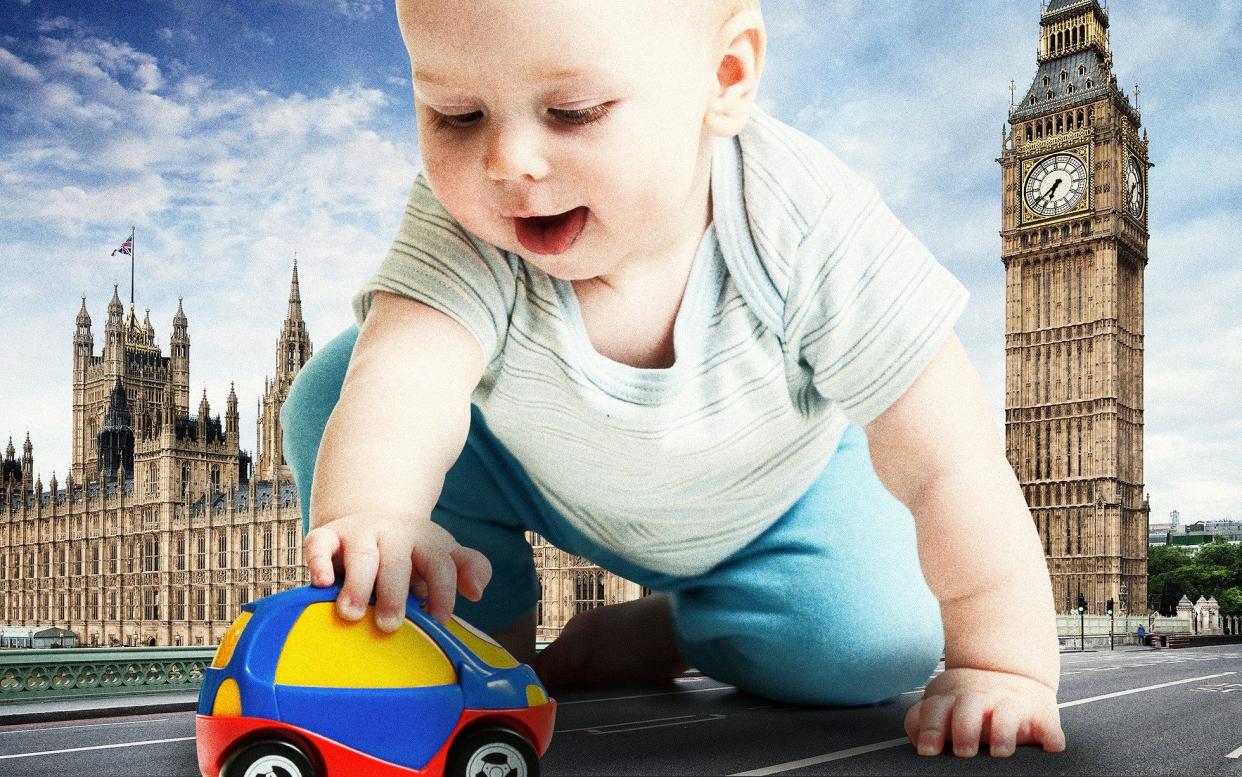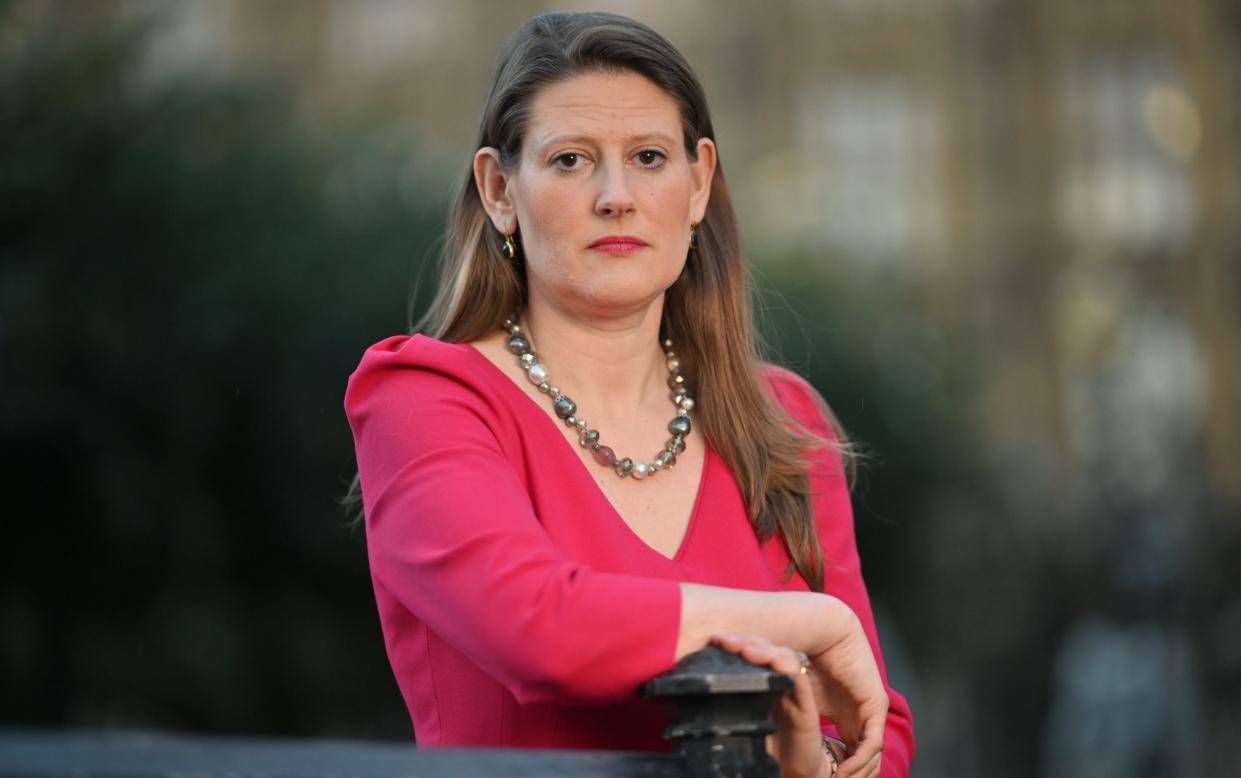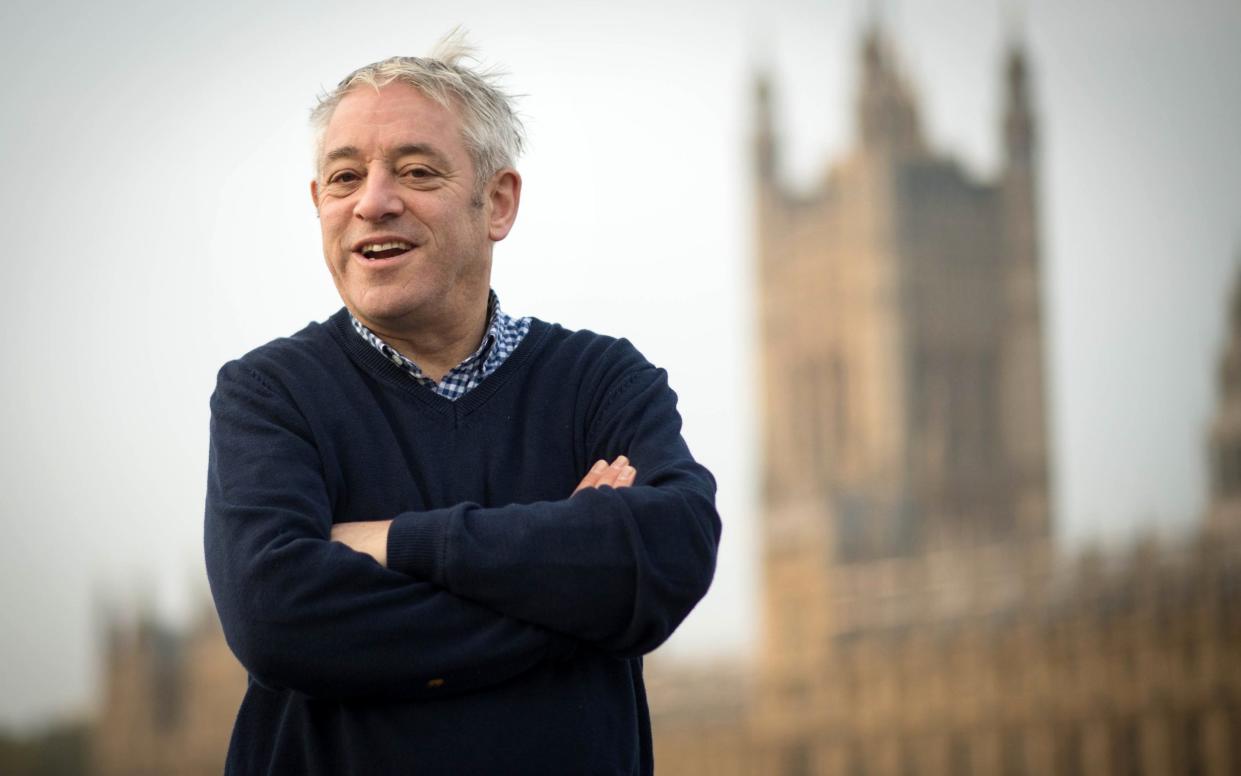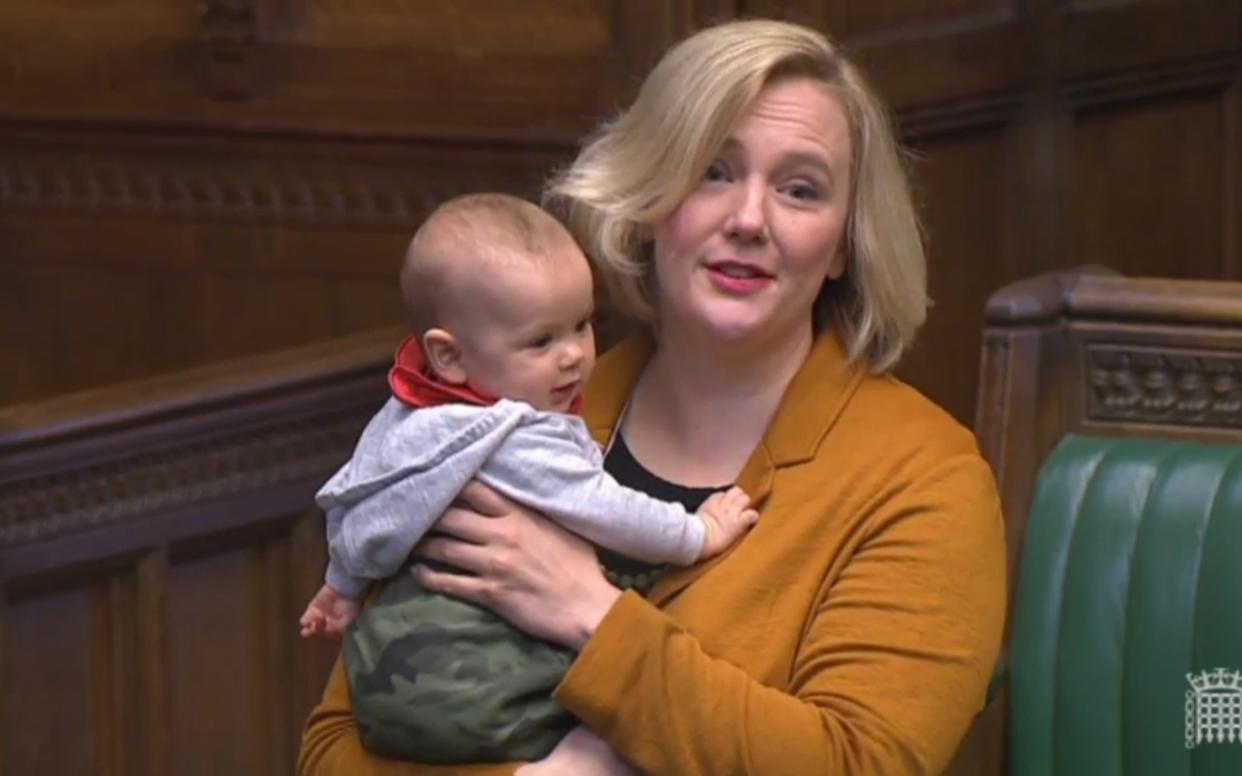Inside the House of Commons nursery – where children make smoothies and chair ‘committees’

When Labour celebrated election victory this July, one thing was at the top of the to-do list of every incoming MP with a baby – or one on the way: racing off an application for the parliamentary kindergarten. With a new wave of fresh-faced MPs surging into the corridors of power, the Ofsted-rated “outstanding” House of Commons Nursery and Pre-School, situated off Parliament Street and run by the London Early Years Foundation (LEYF), a non-profit childcare charity, has become the hottest ticket in Westminster.
Staff are sticklers for good manners and social and educational development. Unlike most nurseries around the country, the doors don’t close when a bug goes around. “As an organisation, that wouldn’t occur to us; we had 15 nurseries open all the way through Covid,” says June O’Sullivan, chief executive of LEYF, who, according to parents at the nursery, should probably be running the country.
Tots with one of the 40 hallowed spots are taken on walks, double-decker bus rides and museum trips. Healthy meals are prepared by one of the country’s only trained Early Years chefs. On rainy days, the Westminster brat pack learn how to make breakfast smoothies for their parents and chair “planning meetings”.
“They came up with the idea. You’ll ask them where mummy is today and they’ll say, ‘Oh, she’s on a committee’,” explains O’Sullivan. Other creative activities include playing “spas”. “You get a foot spa and a drink and music – they’re great at spas,” says O’Sullivan.
Add to this the fact that places are subsidised and opening hours are designed to fit around the antisocial work patterns of MPs and it’s easy to see why there’s a bun fight for slots – particularly given the glut of 30-something parents within the new parliament. There are now 263 female MPs out of a total of 650, 10 MPs that are under the age of 29, and plenty more that have the potential to be parents of young children, if not already. The average age of the entire parliament is 48, and the average age of new Labour MPs is 43.

Politicians are thus facing the same scramble for nursery places as parents across the UK – Labour Party research conducted in March suggests that childcare places in England have fallen by 40,000 since 2010. In fact, if anything, the situation in Westminster is even more brutal; they’re fighting over just one establishment that fits around their hours.
Theo Clarke, the former Conservative MP for Stafford who was refused a place for her six-month-old daughter when she returned to work having previously relied on proxy voting, points out that MPs are office holders, not employees. As a result, they are not eligible for statutory parental leave following the birth of a child, which means they need provisions sooner than most workers. “We always have the next child lined up,” explains O’Sullivan. “Parents keep their children with us for as long as possible as we’re cheaper than other nurseries, and they’re very well-educated [here].”
Word on the street is that the baby room is full until January 2026, although O’Sullivan insists that spots do occasionally come up for toddlers. “It’s ridiculous – in order to get a place now you’d have to register your baby before you knew you were pregnant,” complains Clarke. “I was told there was no precedence for MPs – I was on the list along with several hundred pass-holders on the parliamentary estate.”
Championed by former speaker John Bercow, a father of three who wanted to make politics more family-friendly, the House of Commons Nursery and Pre-School opened in 2010 in the former Bellamy’s Bar and Astor Suite. At great expense, it has been transformed into a state-of-the-art kindergarten with a sleep room, playroom, nappy-change station and buggy parking. At first, there couldn’t have been less interest, prompting grumbling from older MPs who considered it a waste of money (and a good drinking den).
Former MP Roger Godsiff pointed out that out of more than 6,500 people who work on the Parliamentary Estate, the nursery only had one child enrolled in it four weeks after opening, which, he said, made it pro-rata the most expensive nursery in the country. By 2014, the setting had allegedly cost the taxpayer more than £1 million and only 10 politicians’ children were in situ.
It’s not the most ideal venue for a nursery, admits O’Sullivan – it’s a bit of a squash and there’s no outdoor space – but Bercow’s children happily attended as did David Cameron’s daughter Florence and Boris Johnson’s tots.
“We could tell a story or two but we don’t because we have a moral duty to our parents,” says O’Sullivan. It wasn’t a lack of demand that left it a ghost house at first but simply that the entrance criteria was too strict. “Even David Cameron struggled to get a place when he was prime minister,” she says. “I had to write a special allowance as Downing Street wasn’t part of the original agreement.”

Now, it’s open to “Members of the House of Commons, Members’ staff, House of Commons and Parliamentary Digital Service employees, Members of the House of Lords and staff, Members of the Parliamentary Press Gallery and contractors based on the Parliamentary estate”, according to a spokesperson for the House of Commons who admits that “some areas of the service are now oversubscribed”.
Deluged, more like. Darren Jones, MP for Bristol North West, is believed to have had his baby turned away, while Clarke maintains that being denied a place in her workplace nursery caused her untold stress following a traumatic birth. “As a new member of parliament that had a baby in the previous term, I assumed that my daughter would automatically get a place,” she says. “I was in no fit state to be separated from my baby after what I’d been through in hospital; I’d been rushed to emergency surgery and separated from her for more than six hours.” Instead, she was offered a place at another central London nursery run by the same provider, which she says didn’t help given that it was off-site and its opening hours did not coincide with her working pattern.
“Due to late night sitting hours on Monday, I’d often be in parliament until 10pm; on average I would miss bedtime with my daughter a minimum of three nights a week, sometimes four,” she says.
Ultimately, Clarke’s husband was forced to give up his job to care for their daughter. “I found it incredibly triggering that I had to be separated from her due to my work; I never once collected her from nursery during my time as an MP,” says Clarke. After meeting with the speaker and the parliamentary estates manager, she was eventually offered a place when her daughter turned one, six months after her proxy vote ended, by which time she’d had to make other childcare arrangements.
Clarke, whose birth experiences inspired her to launch the Birth Trauma Inquiry, to investigate the reasons for traumatic birth and to develop policy recommendations to reduce the rate of birth trauma, maintains that while it was a great idea to bring a nursery on site, unless MPs with newborn babies get priority, it is not fit for purpose.
“The lack of priority for newborns is forcing MPs to stop breastfeeding at six months when government guidelines suggest breastfeeding up to the age of two,” she says. At her meeting with the estate manager, she discovered that the baby room is disproportionately small compared to the toddler room – she believes it should be the other way round. “The immediate priority should be breastfeeding mums. It’s crazy that an MP isn’t offered precedence over, say, a temporary contractor at the Ministry of Defence. Researchers and staff work normal working hours, yet as an MP you might be there until 10 or even midnight.”
Following Clarke’s complaint, the House has implemented a tiering system to ensure MPs are prioritised for an on-site place. The nursery is also set to move to a better building with more space within the next three years, although the details of this are yet to be confirmed. A nursery user group has also been set up to discuss issues and potential resolutions directly with a representative body of users, including Members.

While O’Sullivan sympathises with MPs such as Clarke who have not managed to get a place for their baby immediately, she insists that when it comes to admissions, staff are simply doing as they’re told.
“We are the innocent party in all this. It’s the workplace that decides the rules, not us,” she says, adding that they can’t kick out babies who are already settled just because a new MP is fussing that they need a place right away – the children are the priority. “You’ve no idea of the arrogance, the grumpiness, when they don’t get their way,” she adds.
She says she took Stella Creasy, MP for Walthamstow who famously breastfed her baby in the Chamber, to task when she accused the nursery of not being accessible. “We fully are. Women can breastfeed here and we’re here until 10:30pm on Tuesdays and Thursdays, but in reality, very few actually use this service as their partners collect their children earlier on.”
Instead of political point scoring, O’Sullivan believes that the House of Commons Nursery should be used as a benchmark for others across the UK. The unprecedented demand illustrates how early-years education needs to be urgently prioritised – particularly for disadvantaged children – with more nursery places and more funding.
“We’ve had two prime ministers and loads of MPs through our doors and yet they still haven’t understood the power of early-years education and how it needs to be funded properly,” she says. “The Princess of Wales is doing her best to raise awareness; we need to look at it in a transformational not a transactional way. Children aren’t just widgets, what happens to them is really critical. A good nursery really helps.”
A sentiment with which any MP returning to work after a baby will no doubt agree.


